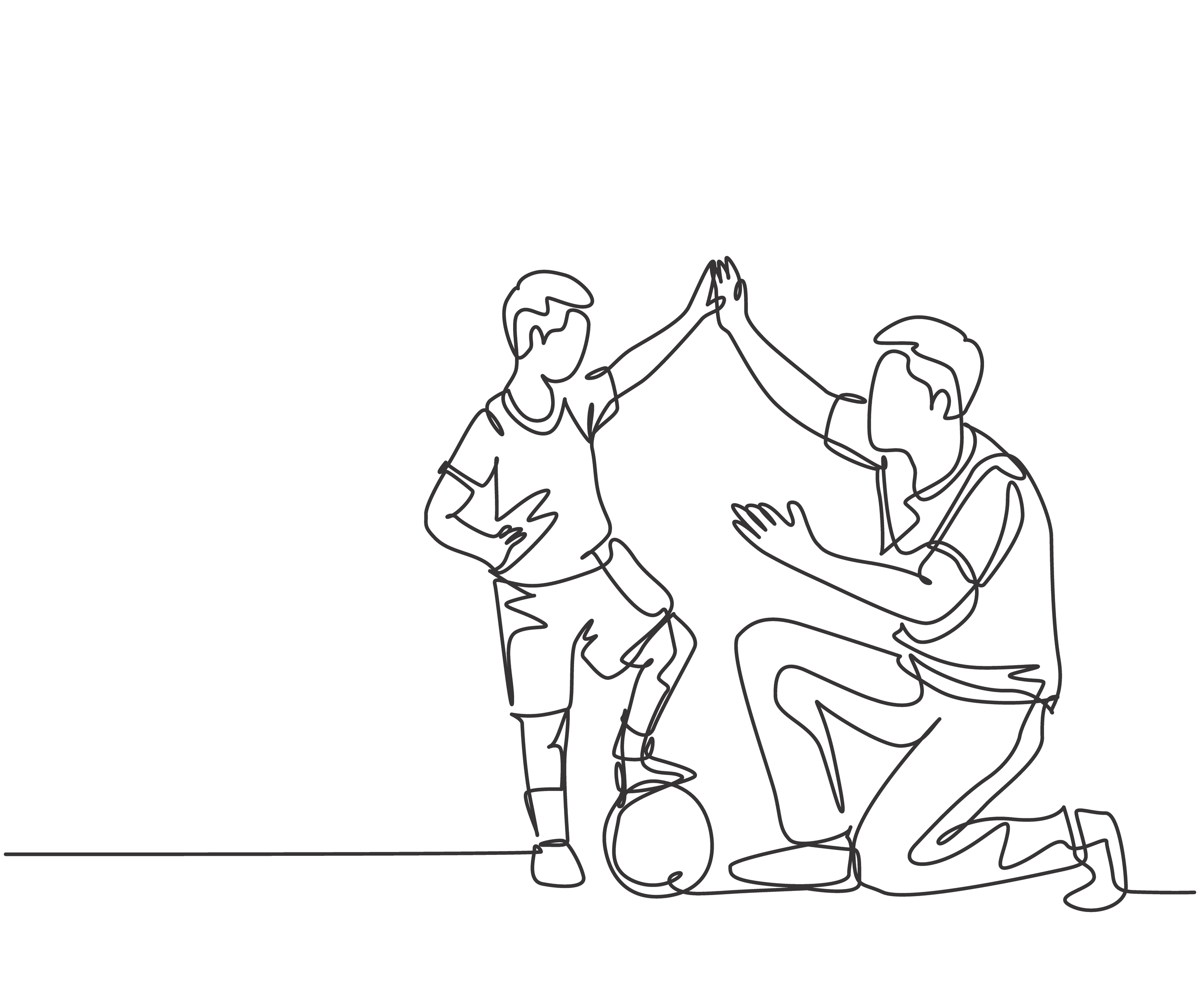Orthopedic, Mobility, & Post-Surgical Rehab
- Knee Surgery & ACL Rehab: Find Therapy After Knee Replacement
- Post-Shoulder Surgery Rehab: Rotator Cuff & Labral Repair Recovery
- Post-Hip Replacement Rehab: Recovery & Therapy
- Back Surgery Rehab & Recovery Therapy | Expert Rehab Plans
- Frozen Shoulder Adhesive Capsulitis Rehab
- Tendonitis Rehab & Treatment | Achilles, Patellar & Rotator Cuff Tendonitis Therapy
- Low Back Pain Rehab & Therapy | Expert Treatment & Recovery
- Sciatica Pain Relief & Rehab Therapy | Find Trusted Sciatica Specialists
- Neck Pain: Causes, Treatment & Therapists Near You
- Chronic Pain & Fibromyalgia: Causes, Relief & Therapy
- Torticollis in Babies & Adults: Causes, Symptoms & Therapy
- Toe Walking in Children: Causes, Therapy Options & When to Worry
- Scoliosis in Children and Teens: Symptoms, Treatment & Therapy Support
Frozen Shoulder Rehab & Treatment | Adhesive Capsulitis Recovery Therapy

Authored by: The DrSensory Editorial Team
Reviewed by: 🛡️ DrSensory Clinical Review Board – Doctor of Therapy Rehab Division
Last updated: June 2025
- Diagnosis & Tests for Frozen Shoulder
- Non-Surgical Treatment Options
- Effective Therapy Techniques for Adhesive Capsulitis
- When Is Surgery Necessary for Frozen Shoulder?
- Lifestyle Tips to Manage Frozen Shoulder
- Frozen Shoulder vs. Other Shoulder Conditions
- Role of Physical Therapy in Frozen Shoulder
- How Diabetes Affects Frozen Shoulder Risk and Recovery
- How DrSensory Helps You Find the Right Frozen Shoulder Therapist
- Frequently Asked Questions
Frozen Shoulder Rehab: Expert Therapy & Recovery Guide
Frozen shoulder, medically known as adhesive capsulitis, is a painful condition characterized by stiffness and restricted movement in the shoulder joint.
At DrSensory, we provide you with trusted guidance on effective rehab treatments and connect you with licensed therapists who specialize in frozen shoulder recovery.
What is Frozen Shoulder (Adhesive Capsulitis)?
Frozen shoulder is a condition where the shoulder capsule thickens and tightens, causing pain and significant loss of motion. It commonly develops gradually, often following an injury, surgery, or periods of immobility.
Common Symptoms Include:
- Shoulder stiffness and pain
- Limited range of motion in all directions
- Difficulty performing daily activities like dressing or reaching overhead
Causes and Risk Factors of Frozen Shoulder
- Shoulder injury or surgery
- Diabetes and thyroid disorders
- Prolonged immobilization (e.g., after fracture or surgery)
- Age (most common between 40-60 years)
- Autoimmune conditions
Understanding the underlying causes helps tailor rehab plans effectively.
Frozen Shoulder Rehab: Stages & Treatment Approaches
Stage 1: Freezing Phase
- This initial phase can last 6 weeks to 9 months. It involves gradual onset of shoulder pain that worsens at night and progressive loss of motion. Inflammation causes stiffness, making daily activities difficult.
- Characterized by increasing pain and gradual loss of motion. Rehab focuses on pain management and gentle mobility exercises.
Stage 2: Frozen Phase
- Lasting 4 to 6 months, pain may lessen but stiffness remains severe. Shoulder movement is greatly restricted, impacting daily tasks like dressing or reaching overhead.
- Pain may decrease but stiffness worsens. Therapy emphasizes restoring range of motion through guided stretching and manual therapy.
Stage 3: Thawing Phase
- Spanning 6 months to 2 years, mobility slowly improves as the shoulder capsule loosens. Most patients regain near-normal function with proper rehab.
- Movement improves gradually. Rehab targets strengthening and functional restoration.
Diagnosis & Tests for Frozen Shoulder
Frozen shoulder is primarily diagnosed through clinical evaluation, but imaging tests help rule out other conditions:
- Physical Exam: Doctors assess range of motion and pain with active and passive shoulder movements.
- X-rays: Used to exclude arthritis or fractures.
- MRI or Ultrasound: Occasionally performed to assess soft tissue and rule out rotator cuff tears.
Accurate diagnosis is crucial for effective treatment planning.
Non-Surgical Treatment Options
Most frozen shoulder cases improve with conservative care including:
- Corticosteroid Injections: Reduce inflammation and pain, especially in early stages.
- NSAIDs (Non-Steroidal Anti-Inflammatory Drugs): Help manage pain and swelling.
- Heat and Cold Therapy: Applying heat improves blood flow before exercises; ice reduces inflammation after activity.
- Physical Therapy: Central to regaining motion and strength.
Early intervention with these treatments can shorten recovery time.
Effective Therapy Techniques for Adhesive Capsulitis
- Physical Therapy: Customized stretching and strengthening exercises to improve flexibility and reduce pain.
- Manual Therapy: Joint mobilization techniques to loosen the tightened capsule.
- Heat Therapy: Improves blood flow and reduces stiffness before exercises.
- Pain Management: Ice application, medications, and education on activity modification.
- Home Exercise Programs: Essential for continued progress outside clinical sessions.
When Is Surgery Necessary for Frozen Shoulder?
- Surgery is a last resort, considered when:
- Symptoms persist beyond 6–12 months despite rehab
- Severe stiffness severely limits function
- Pain remains debilitating
- Common surgical options include:
- Manipulation Under Anesthesia (MUA): The shoulder is gently moved to break up adhesions while you are under anesthesia.
- Arthroscopic Capsular Release: Minimally invasive surgery to cut the tight capsule.
- Surgical recovery still requires physical therapy to regain full function.
Lifestyle Tips to Manage Frozen Shoulder
- Managing daily life with frozen shoulder involves:
- Ergonomic Adjustments: Use supportive pillows and avoid overhead reaching.
- Sleep Positions: Sleep on the unaffected side or on your back with arm supported.
- Activity Modification: Avoid repetitive or heavy lifting activities that worsen pain.
- Stress Management: Chronic pain can impact mood; relaxation techniques help improve overall well-being.
Frozen Shoulder vs. Other Shoulder Conditions
- Frozen shoulder symptoms can overlap with:
- Rotator Cuff Tears: Often cause weakness and sharp pain, especially with lifting.
- Bursitis: Inflammation of the shoulder bursa causing localized tenderness.
- Arthritis: Degenerative joint changes visible on X-rays with more constant pain.
- Accurate diagnosis by a healthcare professional ensures appropriate treatment.
Role of Physical Therapy in Frozen Shoulder
- Physical therapy is the cornerstone of frozen shoulder rehab:
- Passive Therapy: Therapist-assisted stretches increase joint mobility.
- Active Exercises: Strengthening of rotator cuff and scapular muscles improves shoulder function.
- Manual Therapy: Hands-on techniques reduce pain and stiffness.
- Education: Patients learn safe movement patterns to prevent re-injury.
- Tailored therapy plans based on stage and severity maximize recovery.
How Diabetes Affects Frozen Shoulder Risk and Recovery
- Diabetes is a major risk factor:
- Diabetics are up to 5 times more likely to develop frozen shoulder.
- High blood sugar impairs collagen remodeling, prolonging stiffness and pain.
- Controlled blood sugar levels improve rehab outcomes.
- Diabetic patients may require longer and more intensive therapy.
- Consult your healthcare provider for a customized recovery plan if you have diabetes.
How DrSensory Helps You Find the Right Frozen Shoulder Therapist
At DrSensory, you can:
- Search therapists specializing in adhesive capsulitis rehab
- Filter by location, experience, and therapy approach
- Read verified patient reviews
Our mission is to connect you with qualified professionals who guide you through every stage of recovery.
Frequently Asked Questions (FAQ)
How long does it take to recover from frozen shoulder?
Recovery typically spans 6 months to 2 years, depending on severity and adherence to therapy. Early rehab can significantly shorten this timeframe.
Can frozen shoulder heal without treatment?
Some mild cases may improve naturally, but therapy accelerates recovery, reduces pain, and prevents long-term disability.
What exercises are safe during frozen shoulder rehab?
Gentle pendulum swings, assisted stretches, and gradual range-of-motion exercises under professional guidance are recommended.
Is surgery ever required for frozen shoulder?
Surgery is rare and reserved for severe cases unresponsive to conservative rehab. Procedures like manipulation under anesthesia or arthroscopic release may be considered.
Can frozen shoulder come back after recovery?
Recurrence is uncommon but possible, especially if risk factors persist. Maintaining shoulder mobility and strength through regular exercise helps prevent relapse.
When should I see a therapist for frozen shoulder?
Early consultation improves outcomes. Seek therapy as soon as you notice shoulder stiffness or pain limiting your daily activities.
What are the risk factors for developing frozen shoulder?
Risk factors include diabetes, thyroid disorders, previous shoulder injury or surgery, prolonged immobilization, age between 40–60, and autoimmune diseases. Women are also more commonly affected.
Can frozen shoulder cause permanent damage?
Permanent damage is rare. Most patients regain significant mobility with proper rehab, though some may have minor residual stiffness.
Is frozen shoulder painful at night?
Yes, night pain is common in early stages, often disrupting sleep. Proper pain management and positioning can reduce discomfort.
How to improve shoulder mobility at home safely?
Perform gentle pendulum exercises, wall climbs, and passive stretching as instructed by your therapist. Avoid forceful movements and stop if pain worsens.
Does physical therapy hurt during frozen shoulder rehab?
Some discomfort during stretches and mobilization is normal, but therapy should never cause severe pain. Communicate with your therapist to adjust intensity.
Can frozen shoulder cause shoulder weakness?
Yes, muscle weakness often accompanies stiffness due to disuse and pain. Rehab exercises help restore strength.
Are there preventive measures for frozen shoulder after shoulder surgery?
Early mobilization, guided physical therapy, and avoiding prolonged immobilization help prevent frozen shoulder post-surgery.
This page provides general educational content and is not a substitute for professional medical advice. Always consult a licensed provider for diagnosis and treatment.
View privacy policy, copyright and trust info
More on Orthopedic, Mobility, & Post-Surgical Rehab

- Knee Surgery & ACL Rehab: Find Therapy After Knee Replacement
- Post-Shoulder Surgery Rehab: Rotator Cuff & Labral Repair Recovery
- Post-Hip Replacement Rehab: Recovery & Therapy
- Back Surgery Rehab & Recovery Therapy | Expert Rehab Plans
- Frozen Shoulder Adhesive Capsulitis Rehab
- Tendonitis Rehab & Treatment | Achilles, Patellar & Rotator Cuff Tendonitis Therapy
- Low Back Pain Rehab & Therapy | Expert Treatment & Recovery
- Sciatica Pain Relief & Rehab Therapy | Find Trusted Sciatica Specialists
- Neck Pain: Causes, Treatment & Therapists Near You
- Chronic Pain & Fibromyalgia: Causes, Relief & Therapy
- Torticollis in Babies & Adults: Causes, Symptoms & Therapy
- Toe Walking in Children: Causes, Therapy Options & When to Worry
- Scoliosis in Children and Teens: Symptoms, Treatment & Therapy Support
Find a Therapist near you
Are you looking for a physical, occupational, or speech therapist in your area?
Look no further than the DrSensory Therapist Database and Clinic Directory!
Find a Therapist
Find the physical therapist, occupational therapist, or speech language pathologist you’re looking for!
Ask Us Anything
Whether you are looking for advice, have a general question about sensory processing, or looking for resources.
Submit Your Story
Share your story about your child. Let’s celebrate milestones and learn more about challenges.



























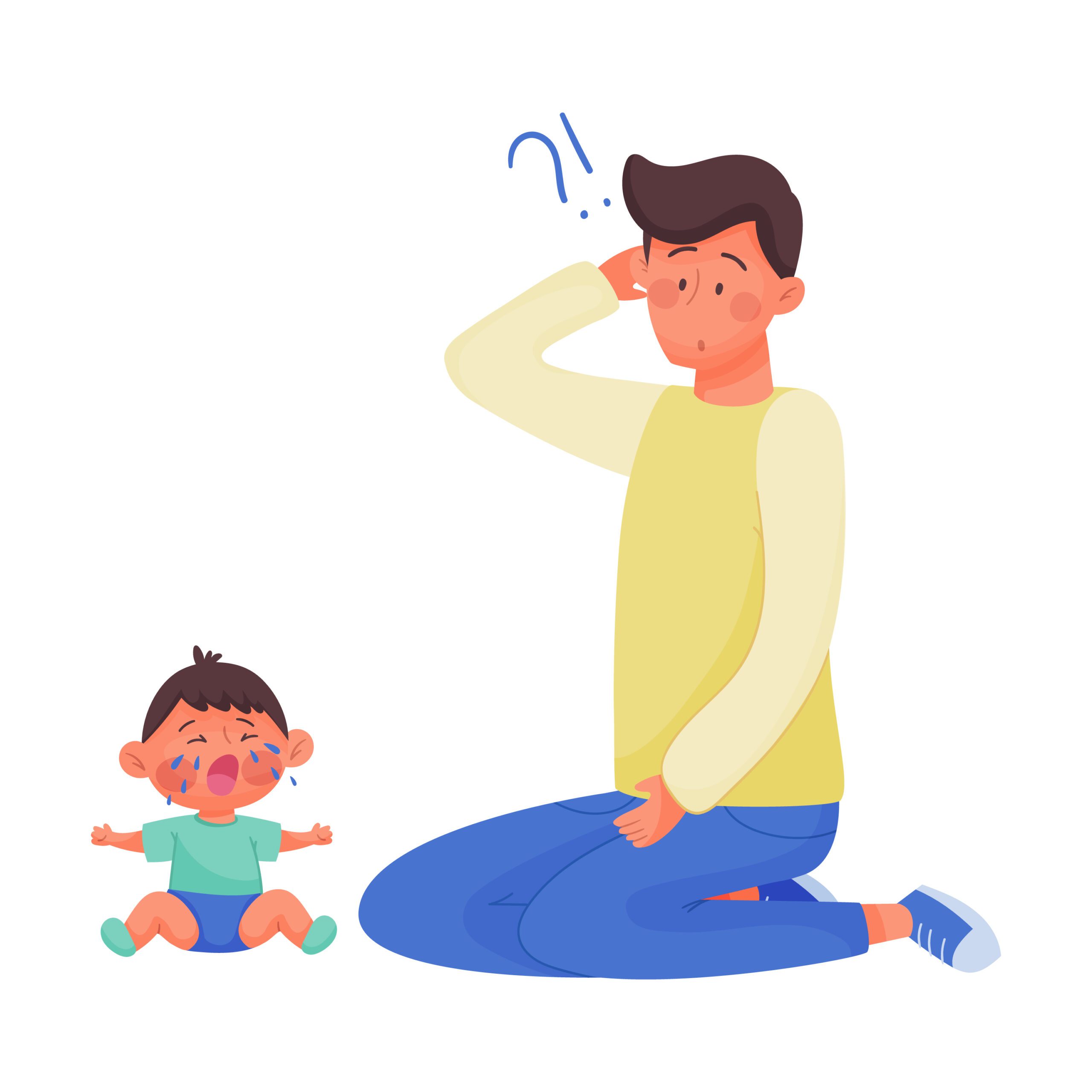
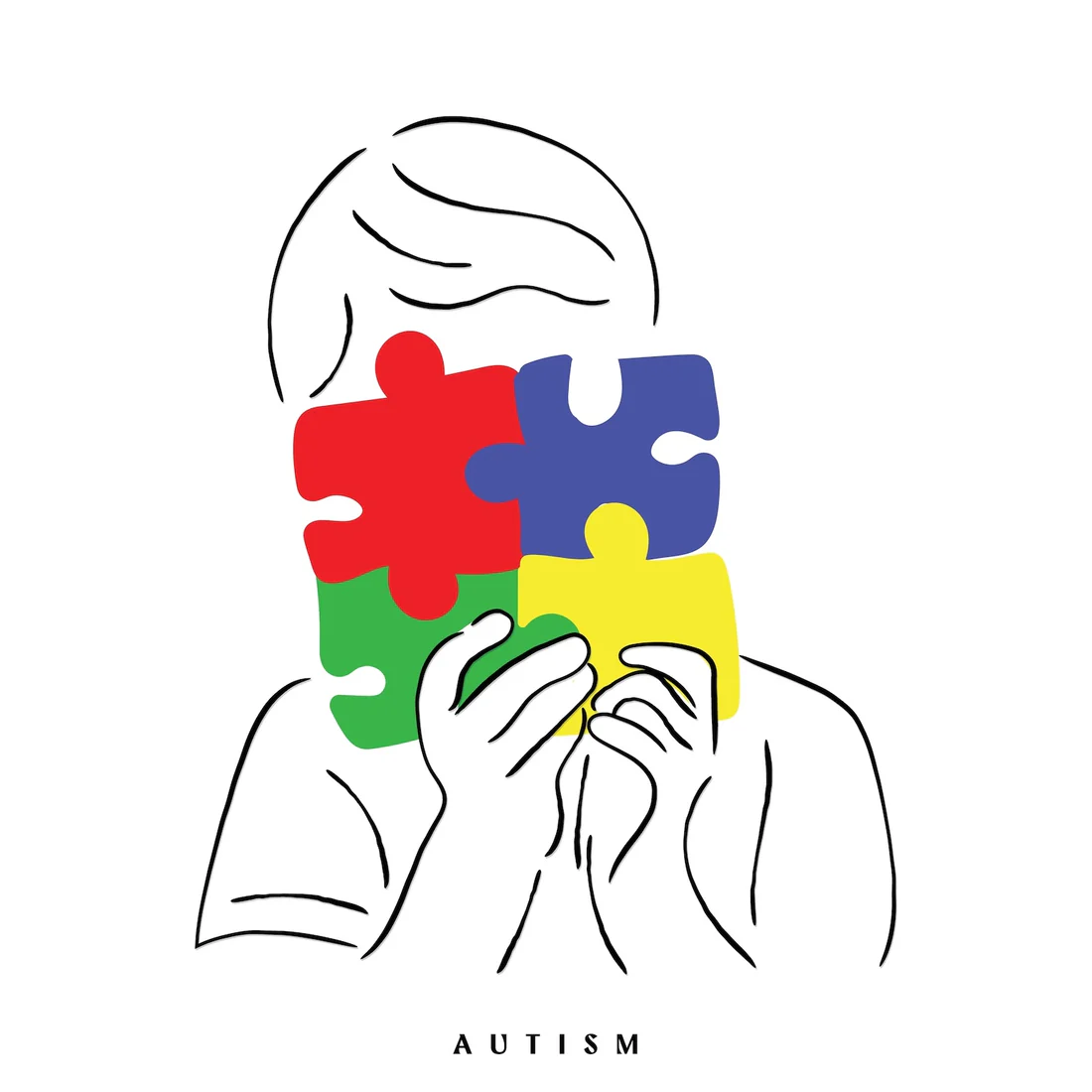
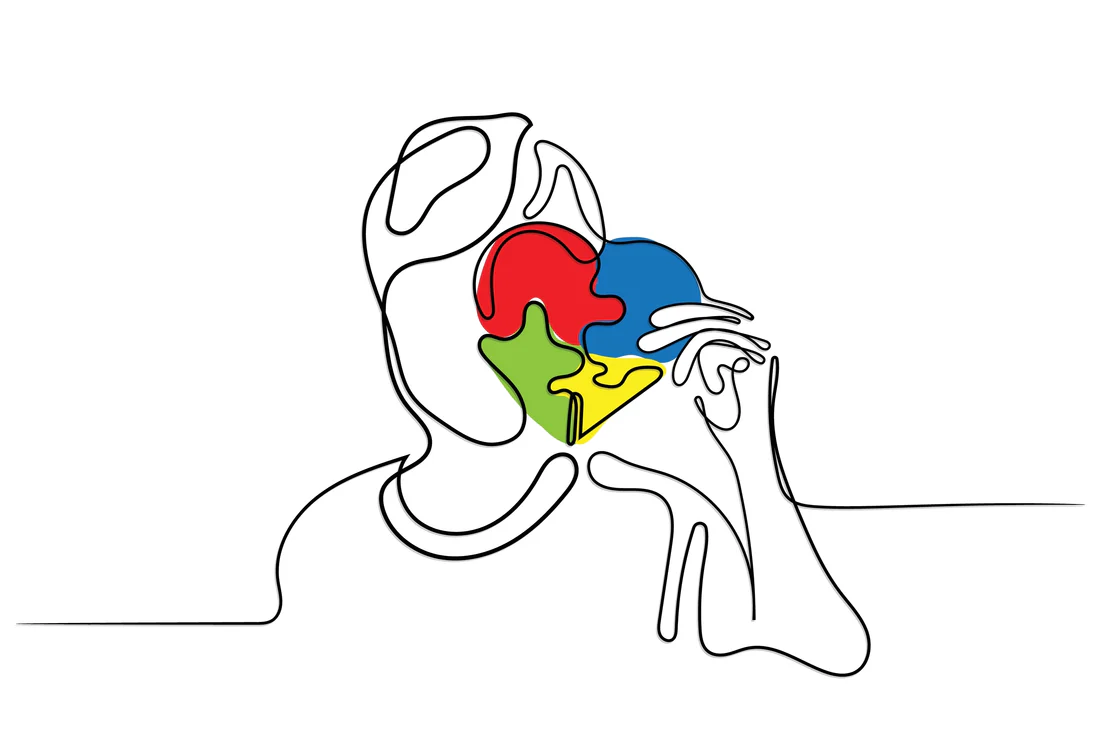










 Speech Therapy
Speech Therapy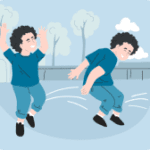 Physical Therapy
Physical Therapy Occupational Therapy
Occupational Therapy




